Contradictiontonature - Sapere Aude

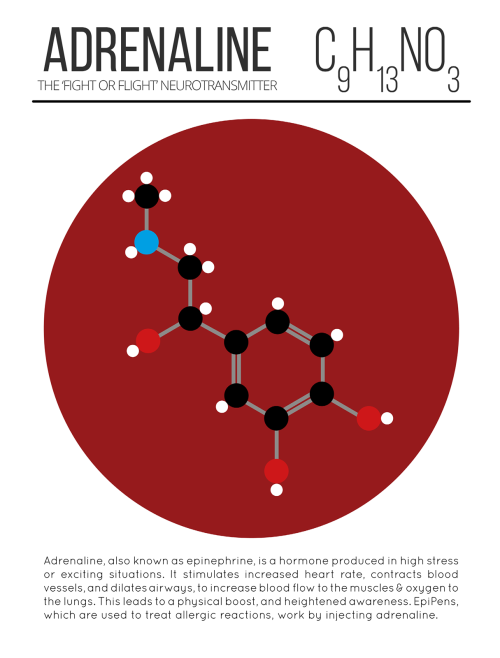
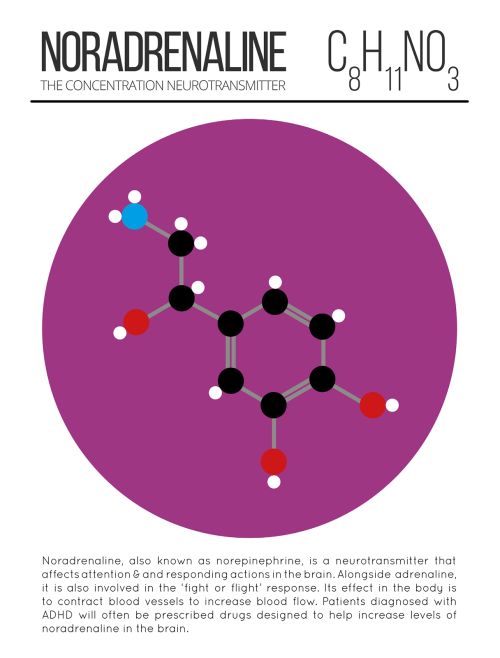
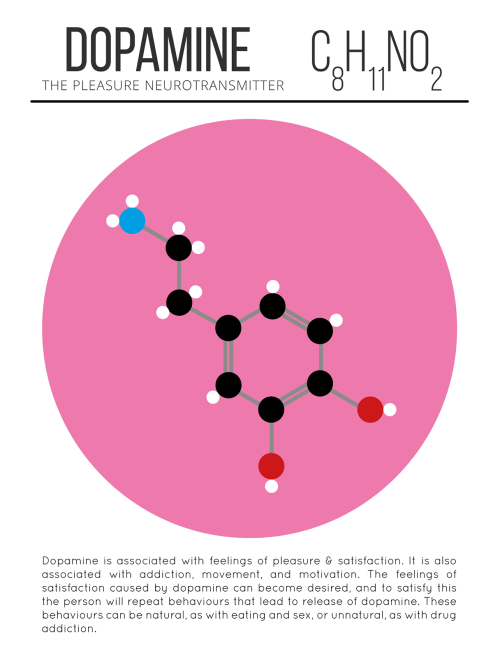

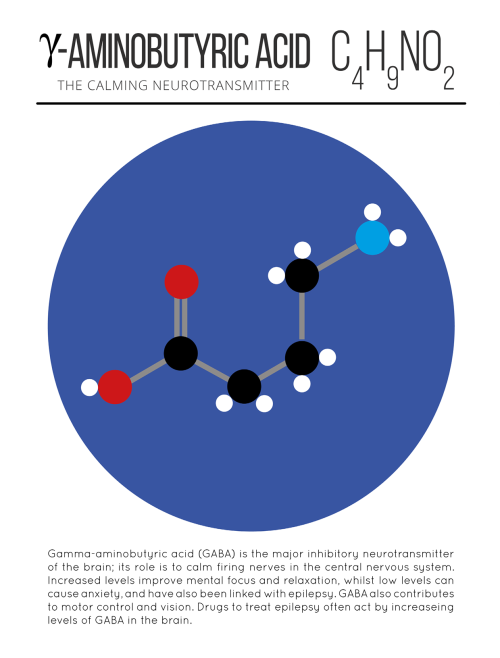
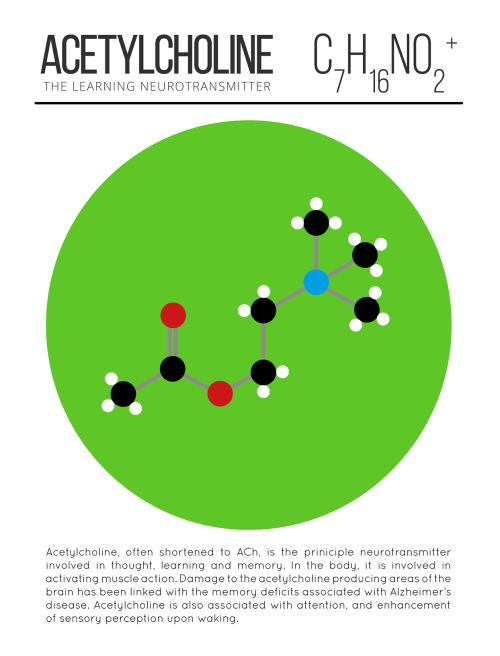

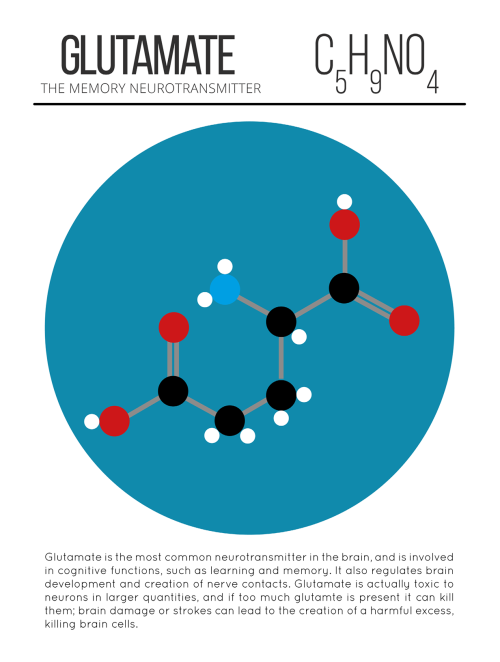
More Posts from Contradictiontonature and Others

Bismuth is one of the weirdest-looking elements on the Periodic Table, but its internal properties just got even stranger. Scientists have discovered that at a fraction of a degree above absolute zero (-273.15°C), bismuth becomes a superconductor - a material that can conduct electricity without resistance.
According to the current theory of superconductivity, that doesn’t make a whole lot of sense, because for 40 years now, scientists have assumed that superconducting materials must be abundant in free-flowing mobile electrons. But in bismuth, there’s just one mobile electron for every 100,000 atoms.
“In general, compounds that exhibit superconductivity have roughly one mobile electron per atom,” Srinivasan Ramakrishnan from the Tata Institute of Fundamental Research in India explained to Chemistry World.
“However, in bismuth, one mobile electron is shared by 100,000 atoms – since [the] carrier density is so small, people did not believe bismuth will superconduct.”
Continue Reading.

Network Lost
If you believe the theory of six degrees of separation, we’re all connected to each other (and possibly to Kevin Bacon) by common friends and friend-of-friends. It might feel like a small world – in fact, these patterns crops up in all sorts of places. Small world networks connect distant brain cells, and help these lymph nodes (outlined in grey) fight infections. A network of fibroblastic reticular cells (FRCs, red) spreads out inside each node, producing chemicals (green) to support immune cells while they zip around the node gathering antigens – chemical information used to target bacteria. These mouse lymph nodes are treated with different doses of a toxin that destroys FRC networks. A high dose crumples the lymph node in the bottom right. Amazingly, many of these networks repair themselves, showing just how committed immune defences are to keeping their small worlds alive.
Written by John Ankers
Image from work by Mario Novkovic, Lucas Onder and Jovana Cupovic, and colleagues
Institute of Immunobiology, Kantonsspital St. Gallen, St. Gallen, Switzerland
Image originally published under a Creative Commons Licence (BY 4.0)
Published in PLOS Biology, July 2016
You can also follow BPoD on Twitter and Facebook

How are elements created in space, stars, and in laboratories? The latest edition of #PeriodicGraphics in C&EN takes a look! http://bit.ly/2UXWoPD http://bit.ly/2YbuBNE
The brilliant colors of a soap film reveal the fluid’s thickness, thanks to a process known as thin film interference. The twisting flow of the film depends on many influences: gravity pulls down on the liquid and tends to make it drain away; evaporation steals fluid from the film; local air currents can push or pull the film; and the variation in the concentration of molecules – specifically the surfactants that stabilize the film – will change the local surface tension, causing flow via the Marangoni effect. Together these and other effects create the dancing turbulence captured above. (Video credit: A. Filipowicz)


Happy Halloween!
Guncotton in a pumpkin and the decomposition of hydrogen peroxide catalysed by potassium iodide, on the roof of the Ri.
It is imperfection - not perfection - that is the end result of the program written into that formidably complex engine that is the human brain, and of the influences exerted upon us by the environment and whoever takes care of us during the long years of physical, psychological and intellectual development.
Rita Levi-Montalcini

Image Credit: Hammersmith Hospital in London
(via neuromorphogenesis)
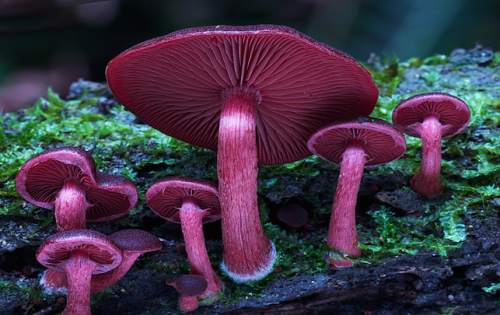
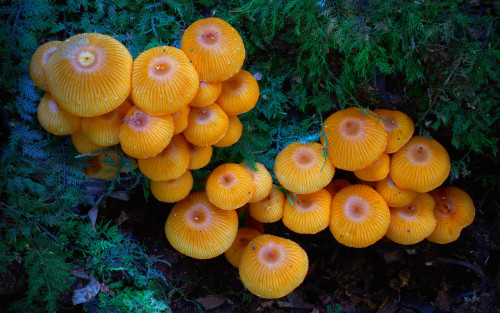
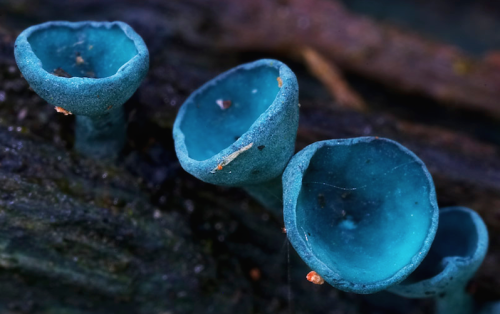
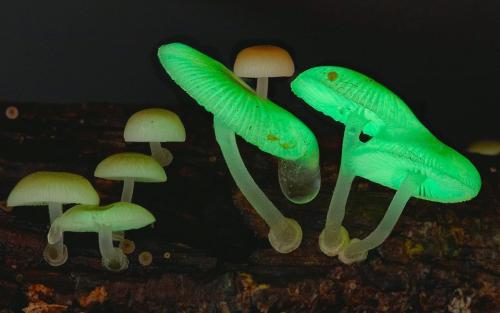

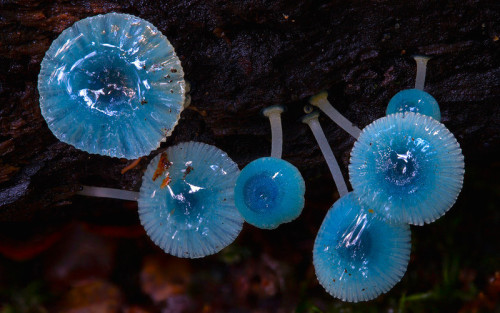
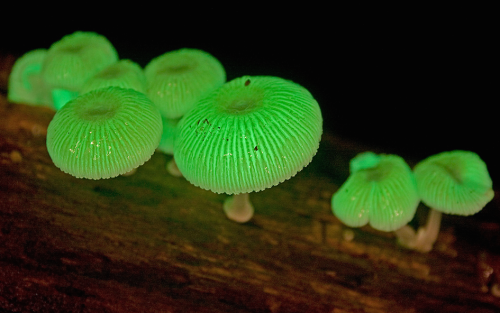
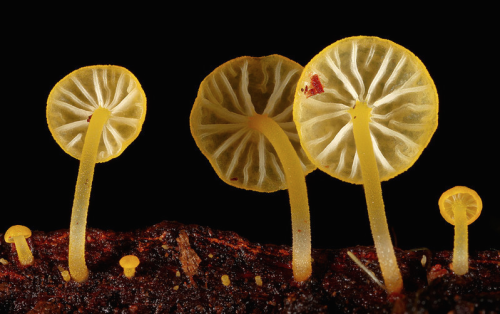
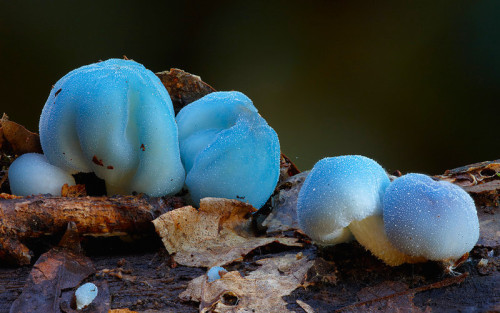
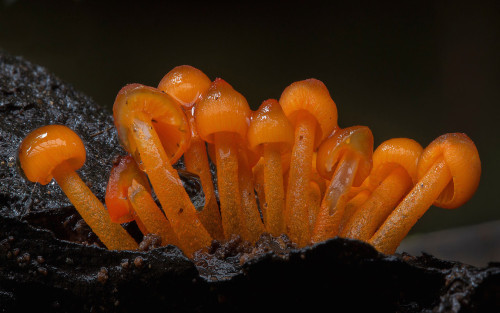
a mushroom rainbow to put the fun in fungi. cause they don’t need psilocybin to be magic. and though some mushrooms are coloured as a toxicity warning to predators, many others are brightly coloured to instead attract potential spore dispersers. see this for more on the bioluminescent mushrooms seen here. (photos)

It’s a textbook moment centuries in the making: more than 200 years after scientists started investigating how water molecules conduct electricity, a team has finally witnessed it happening first-hand.
It’s no surprise that most naturally ocurring water conducts electricity incredibly well - that’s a fact most of us have been taught since primary school. But despite how fundamental the process is, no one had been able to figure out how it actually happens on the atomic level.
“This fundamental process in chemistry and biology has eluded a firm explanation,” said one of the team, Anne McCoy from the University of Washington. “And now we have the missing piece that gives us the bigger picture: how protons essentially ‘move’ through water.”
Continue Reading.

It’s time for #TrilobiteTuesday! During their lengthy trek through time, trilobites existed in an almost dizzying array of sizes and shapes. Perhaps no other creature in the entire history of the earth has ever displayed the diversity of design shown by these singularly distinctive arthropods. But at their heart (and yes, trilobites apparently did possess primitive but effective cardio-respiratory systems), they were all remarkably similar. Named not, as is generally surmised, for their three main body segments – cephalon (head), thorax (body) and pygidium (tail) – but rather for the three lobes that longitudinally divided their dorsal exoskeleton. Whether they were Cambrian Olenellids – such as this Olenellus romensis from Alabama – or Devonian Phacopids, most trilobites presented a fundamentally analogous body design. Such characteristics as occipital lobes, anterior margins and facial sutures (which allowed early trilobites to shed their molting shell), were shared by the majority of trilobite species, as were such exotic-sounding features as axial rings, articulating facets and pleural spines.
-
 mindkeeper liked this · 9 months ago
mindkeeper liked this · 9 months ago -
 spirfoterne liked this · 1 year ago
spirfoterne liked this · 1 year ago -
 aki-far liked this · 1 year ago
aki-far liked this · 1 year ago -
 earthangelsworld reblogged this · 2 years ago
earthangelsworld reblogged this · 2 years ago -
 earthangelsworld liked this · 2 years ago
earthangelsworld liked this · 2 years ago -
 dig92-sex-74dif liked this · 2 years ago
dig92-sex-74dif liked this · 2 years ago -
 k-ads liked this · 3 years ago
k-ads liked this · 3 years ago -
 sirelsewhere reblogged this · 3 years ago
sirelsewhere reblogged this · 3 years ago -
 rayleests reblogged this · 3 years ago
rayleests reblogged this · 3 years ago -
 sairahs-thoughts liked this · 4 years ago
sairahs-thoughts liked this · 4 years ago -
 stuffuff reblogged this · 4 years ago
stuffuff reblogged this · 4 years ago -
 alejandropinpon liked this · 4 years ago
alejandropinpon liked this · 4 years ago -
 myqueerdear reblogged this · 4 years ago
myqueerdear reblogged this · 4 years ago -
 im-nike-1111 reblogged this · 4 years ago
im-nike-1111 reblogged this · 4 years ago -
 d0ct0r0 liked this · 4 years ago
d0ct0r0 liked this · 4 years ago
A pharmacist and a little science sideblog. "Knowledge belongs to humanity, and is the torch which illuminates the world." - Louis Pasteur
215 posts
